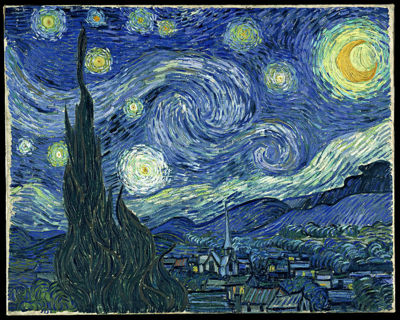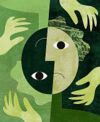Bipolar Disorder Adult
Contents
Introduction to Site
The role of families in supporting someone with a mental illness has changed dramatically over the years, particularly because care has moved away from institutionalization to being more community based. Active participation in treatment is now very common from families. Bipolar disorder doesn’t just affect the person who is diagnosed, it affects all of those who care about the person. Many benefits come from the involvement of families, including the caregiver finding meaning in providing care, uplifting feelings from helping care for a loved one, and tremendous benefit to the person who is ill of having social support in their lives. With these benefits also often come stress, burden and strain to those providing the support.
We have decided to focus this website on information for families because we realize that family members have questions too, from pre-diagnosis all the way through treatment and anything in between. Having a family member with bipolar disorder affects you too - from wanting to make sure they receive the best treatment possible, to supporting them financially, to the impact the illness has on your relationship with them, to not wanting them to be seen differently or treated differently by others. Caregivers experience higher burden when they have limited coping strategies. Our plan is that this website will assist you in offering resources or a starting point to look for resources to build coping strategies.
The support of family can hold lives together. Bipolar disorder is not curable and therefore family support is even more important to the person with bipolar disorder. Positive and lasting supports need to be maintained in order to see a person through the ups and downs of the illness. Evidence shows that relieving burden on caregivers can actually support the person with bipolar disorder. According to a study of caregivers, the family caregivers agreed that you have to be strong yourself in order to be strong for someone else. Hopefully this website will be a start in that process.
Cause, Manifestation and Diagnosis
Cure, Prevention and Prognosis
Care and Support
Stigma
Resources Section
Additional Links of Interest
Background Information
DISCLAIMER:
This website has been created through a Community Rehabilitation and Disability Studies project at the University of Calgary. The group members have tried to provide up-to-date and accurate information to the best of their ability. Users of this site must be aware that the information is for educational purposes only.
Group Participants:
<kaltura-widget kalturaid='eo0rys6114' size='L' align='C'/>


